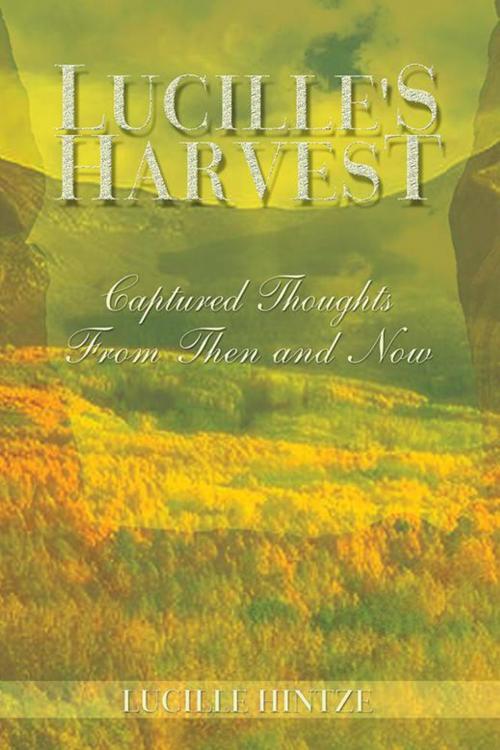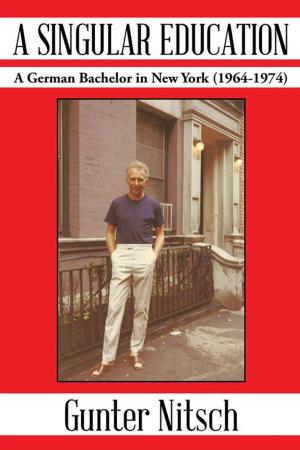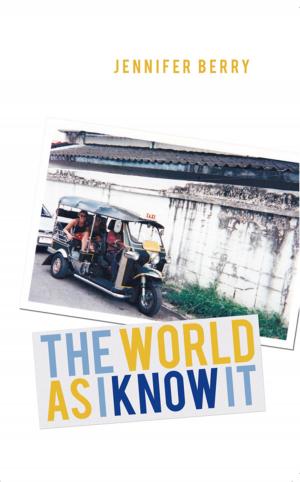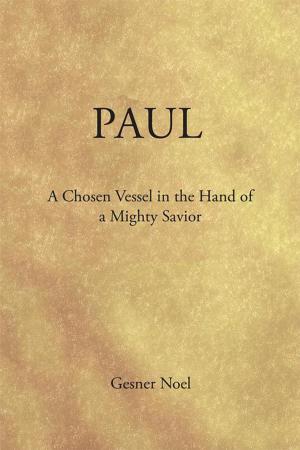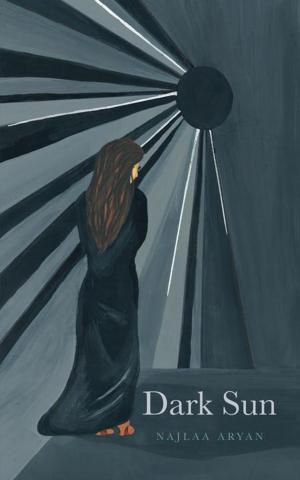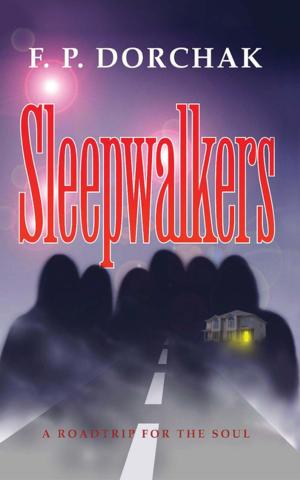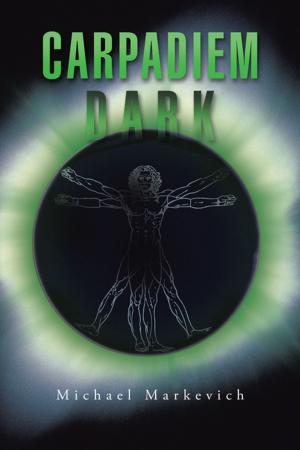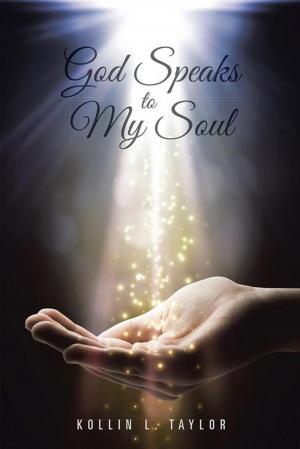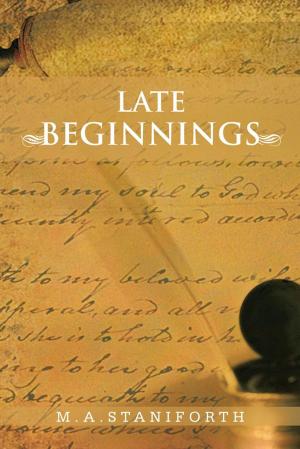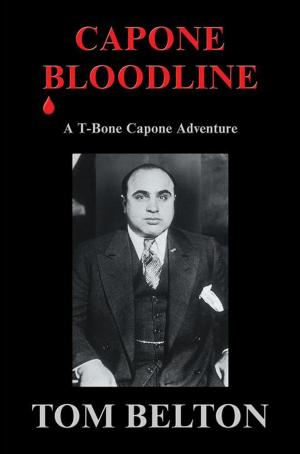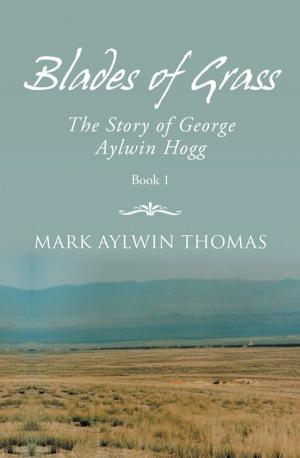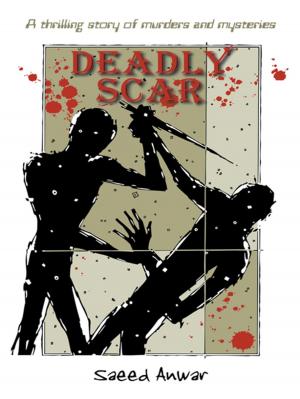Lucille's Harvest
Captured Thoughts from Then and Now
Nonfiction, Religion & Spirituality, Inspiration & Meditation, Inspirational, Spirituality, Fiction & Literature, Poetry| Author: | Lucille Hintze | ISBN: | 9781403321817 |
| Publisher: | AuthorHouse | Publication: | December 1, 2002 |
| Imprint: | AuthorHouse | Language: | English |
| Author: | Lucille Hintze |
| ISBN: | 9781403321817 |
| Publisher: | AuthorHouse |
| Publication: | December 1, 2002 |
| Imprint: | AuthorHouse |
| Language: | English |
This book is a gathering of thoughts and impressions that occurred to the author throughout her life. These themes of love and forgiveness, of sorrow and tragedy, and of moving beyond the "cry of mourning," are expressed in both story form and in poetry. And by these means, we take the journey ourselves.
The stories range from resourcefulness of a slave girl, Sarah, in the tale of "The Two Queens" to Dawn, an inhabitant of the planet Ur, in the science fiction "The Journey." In a play, Amos thunders disaster if Israel does not change its ways, and a poem, "Laid Waste in a Single Night," mourns the birth of our nuclear era. But we are not left long in these darker spots. Lighter haiku of love are sprinkled throughout, while poems of "Resurrection," and the bittersweet love letters of Hosea engage us.
The reader resonates as the book strives to make sense of these happenings. And how working through these experiences, we gain strength and thus our lives become more meaningful.
As the traveler says at the end of "The Journey," "...life is not the same once one has shared the mystery of love."
This book is a gathering of thoughts and impressions that occurred to the author throughout her life. These themes of love and forgiveness, of sorrow and tragedy, and of moving beyond the "cry of mourning," are expressed in both story form and in poetry. And by these means, we take the journey ourselves.
The stories range from resourcefulness of a slave girl, Sarah, in the tale of "The Two Queens" to Dawn, an inhabitant of the planet Ur, in the science fiction "The Journey." In a play, Amos thunders disaster if Israel does not change its ways, and a poem, "Laid Waste in a Single Night," mourns the birth of our nuclear era. But we are not left long in these darker spots. Lighter haiku of love are sprinkled throughout, while poems of "Resurrection," and the bittersweet love letters of Hosea engage us.
The reader resonates as the book strives to make sense of these happenings. And how working through these experiences, we gain strength and thus our lives become more meaningful.
As the traveler says at the end of "The Journey," "...life is not the same once one has shared the mystery of love."
